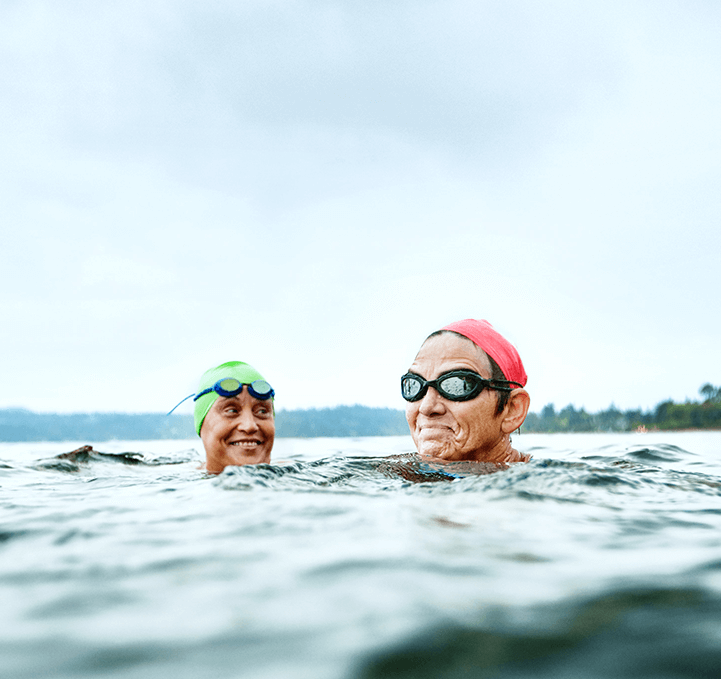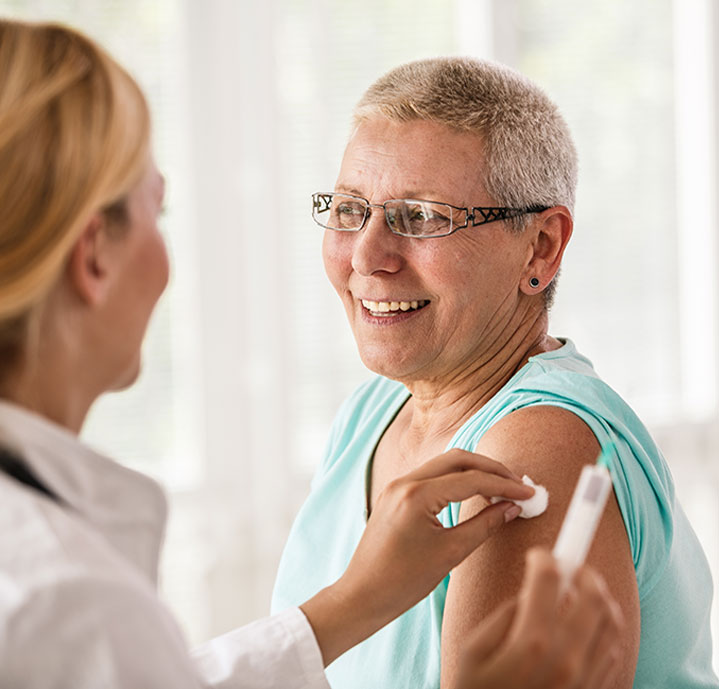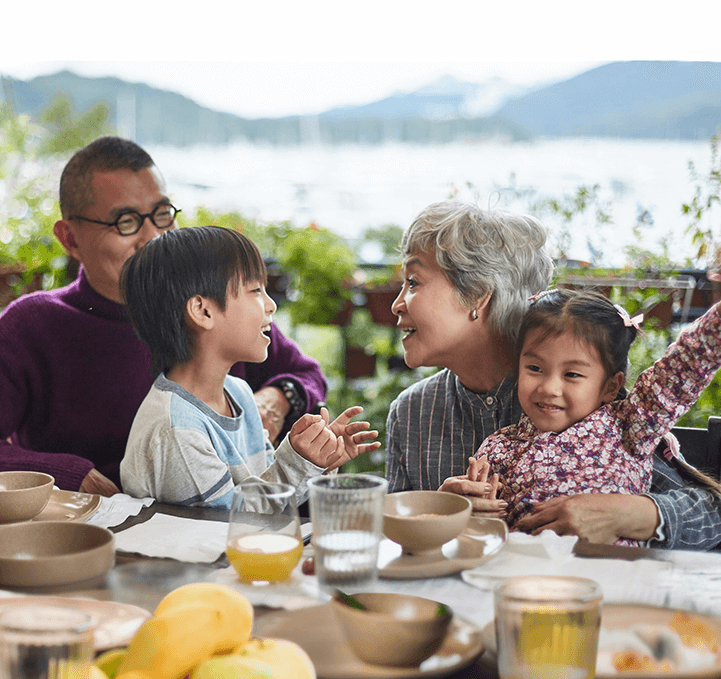
As you age, your immune system – the body’s natural defence against infectious diseases – can start to deteriorate.
The importance of a strong immune system
A healthy immune system – made up of special organs, cells and chemicals – is needed to help fight infection from pathogens, protect against harmful substances in the environment and attack abnormal cells within our bodies (such as cancer cells). There are many ways in which the immune system offers protection, and these are generally grouped into two categories:
The effects of ageing
As we grow older, our adaptive and innate immune systems can stop working as well as they used to. Some of the following changes may affect the immune system:
Age-related decline in immune function may occur more rapidly after the age of 50. There are several other factors that can also contribute to decreasing immune system function, including genetics, environment, lifestyle and nutrition.
Making healthy lifestyle choices that strengthen and help protect your immune system can reduce your risk of infection, and also promote healthy ageing over the long term.

Diet and nutrition
A balanced and nutritious diet is essential for optimal functioning of all cells, including the cells of the immune system.
Eating for healthy immunity:
- 1Take steps to avoid obesity. Obesity is associated with many health risks, including chronic inflammation, compromised immune function and increased risk of serious infection.
- 2Ensure you are eating enough food. Undernutrition also compromises immune function by reducing the body's ability to fight off harmful pathogens.
- 3Certain micronutrients, vitamins and antioxidants, are important to support a healthy immune system. Some foods that are rich in micronutrients include leafy greens, brightly coloured fruit and vegetables, and nuts and seeds.

Active lifestyle
In addition to improving your overall health, regular moderate-to-vigorous exercise can enhance immune defence activity, reduce chronic inflammation and help slow age-related decline in immune system function.
Daily exercise recommendations:
- Adults aged 50–64: aim for 2.5–5 hours of moderate intensity exercise, or 1.25–2.5 hours of intense exercise per week.
- Adults aged 65+: try to get in 30 minutes of moderate intensity exercise most days.

Immunisation
In addition to practicing good hygiene habits (e.g., regular hand washing, sneezing into a tissue), immunisation is another option that may help to protect against infectious diseases and also boost the immune system.
For more information, please speak to your healthcare professional. In the event of infection, early diagnosis and treatment by your doctor can sometimes hasten recovery and reduce the risk of complications.

Sleep
A good night’s sleep has a positive effect on immune health and long-lasting immune cell memory, reduces risk of infection, and improves infection outcome. On the other hand, long periods of sleep loss can lead to chronic inflammation and compromised immune function.
How much sleep do you need?
| RECOMMENDED | NOT RECOMMENDED |
|
| Adults aged 50–64 | 7–9 hours | < 6 hours, or > 10 hours |
| Adults aged 65+ | 7–8 hours | < 5 hours, or > 9 hours |
Adults aged 50–64
RECOMMENDED NOT RECOMMENDED
7–9 hours < 6 hours, or > 10 hours
Adults aged 65+
RECOMMENDED NOT RECOMMENDED
7–8 hours < 5 hours, or > 9 hours

Smoking and alcohol
In addition to a myriad of other health risks, smoking and excessive alcohol consumption can trigger chronic inflammation, suppress immune function and increase risk of infection.
Did you know?
- The immune system starts to recover within 3 months of quitting smoking.
- In healthy adults, it is recommended to limit alcohol consumption to fewer than 10 standard drinks a week, and no more than 4 on any one day. Older adults with existing health issues should follow advice from their healthcare professionals. In general, the less you drink, the lower the risk of alcohol-related harm to the body.

Stress management
Where short-term stress (minutes) helps prepare the body to fight infection, long-term stress (days to years) can accelerate ageing and immune dysfunction. The negative effects on ageing and the immune system largely result from chronic inflammation that leads to cell damage and reduced sensitivity to early signs of infection.
Although triggers are highly individual, there are several things you can do to help alleviate stress:
- Stay connected with friends and family
- Spend more time outdoors and exercising
- Find a new hobby or creative outlet
- Meditate
- Eat well
- Get enough sleep
NP-AU-NA-WCNT-210001 Date of GSK Approval: March 2021
